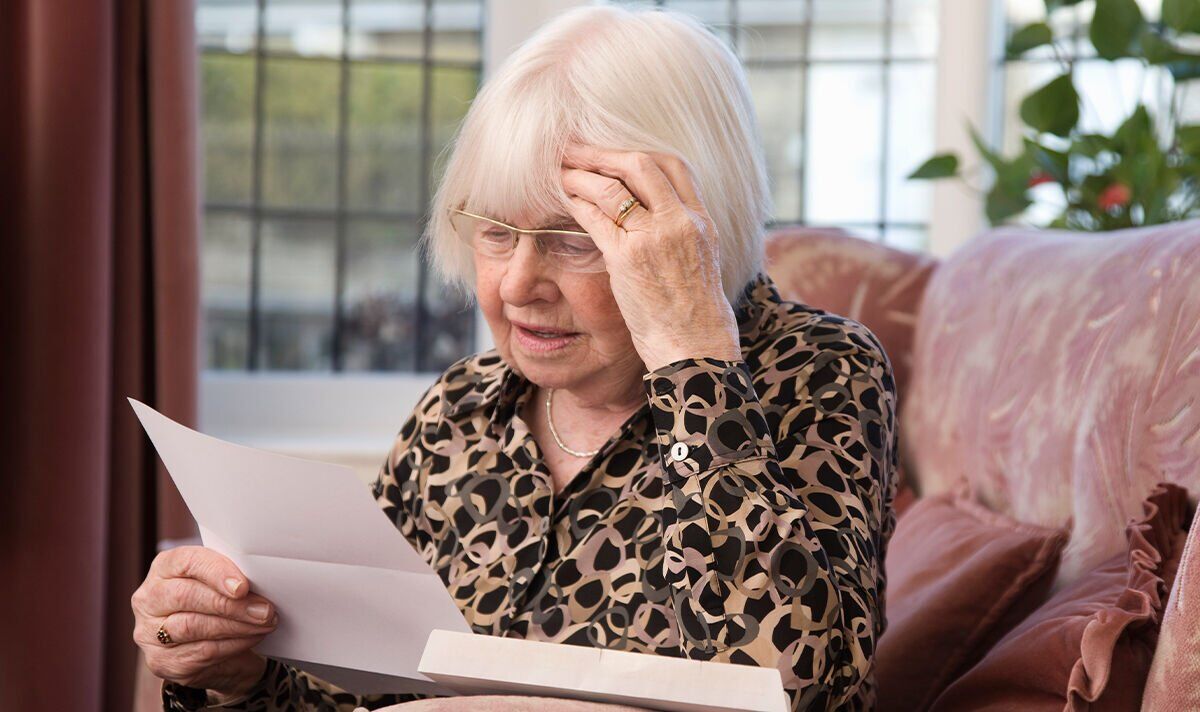
Attendance Allowance is a benefit administered by the Department for Work and Pensions and offers claimants up to £441 each month depending on the severity of their situation.
It has broad eligibility criteria, with many common health conditions qualifying a person for the support. It helps with extra costs if a state pensioner – aged 66 for men and women – has a disability severe enough that they need someone to help look after them.
As the cost of living crisis continues, those who work closely with pensioners urge the Government to make this information more accessible.
They warn the elderly suffering from disabilities are most at risk of completely missing out on this benefit due to not having access to technology, and there is no alternative solution provided by the government.
Kieran Harris, CEO of Senior Stairlifts said: “As we move further into an environment where millions acquire information online, the elderly are being excluded.
“Benefits to those who are eligible should be fully accessible, especially to some of society’s most vulnerable people. My elderly clients have openly shared how they feel victimised and ‘left out’ not being adequately notified of benefits.”
Attendance Allowance has been described as being one of the DWP’s most underclaimed benefits with around 3.4million people in the UK eligible to claim but not.
For 2023/24, the higher rate is £101.75 per week and the lower rate is £68.10 per week. The sum is not means tested, so what a person earns or how much they have in savings will not impact what they receive.
Mr Harris explained he recently spoke to one lady who shared that she feels “the country and system have forgotten all about her” due to her lack of technology skills, which has made her feel lonely and isolated from society.
In another heartfelt conversation with an elderly customer, he understood just how much this benefit could help alleviate the financial strain caused by the cost of living crisis and soaring bills.
He continued: “One man, like many in his generation, is unable to access the benefit simply because he does not use the internet and also has no close relatives who can check his eligibility and apply on his behalf.
“He expressed that he is already afraid to turn on the heating this winter due to the cost of energy bills, so any financial help no matter how small, would make the world of difference.”
Many people may be entitled to Attendance Allowance but simply do not know enough about it to make a claim.
Mr Harris has urged the Government to do more to ensure everyone has the help available to them despite an online presence.
He concluded: Many people are afraid to turn on the heating this winter due to the cost of energy bills. This kind of stuff is so common – it’s heartbreaking to hear.
“The government needs to do more to ensure everyone, regardless of their online presence, is aware of the support available to them.
“I’m urging people to have more compassion and speak out on behalf of the people who are overlooked and often taken advantage of. Those eligible have a right to these benefits and they should not have to face any barriers during the process of claiming them.”
The benefit is paid at two different rates, and how much someone gets depends on the level of care they need. However, it is important to note a person does not actually have to have someone caring for them in order to claim.
The main conditions and number of claimants across Great Britain:
- Arthritis – 410,637
- Dementia – 144,971
- Heart Disease – 101,018
- Respiratory Conditions – 84,197
- Disease Of The Muscles, Bones or Joints – 70,926
- Cerebrovascular Disease – 67,309
- Back Pain – 60,639
- Visual Disorders and Diseases – 45,138
- Parkinson’s – 37,082
- Neurological Conditions – 29,261







